It appears that the trending press release, er, news story this week concerns the use of SSRI anti-depressants in pregnant women. The article, barely rewritten by health journalists at all the leading papers, says some risks are increased, others decreased.
First question, always, when reading about a "new study" is, who paid for this? This one is based on an NIH and a Finnish grant, so the question of big pharma influence is a bit opaque, but because this one has been released in all the major publications at the same time, see picture at left, that's a good tip-off that pharma has a hand in there somewhere. Normally-financed studies that aren't reporting a major breakthrough don't get this kind of wide release.
The headline in the ACOG's Facebook post says, "ACOG recommends women and their health care providers work together..." This is something I have only seen the ACOG do. They suggest something to patients that may, in fact, not be beneficial at all, but if their suggestion of it to patients increases patients' likelihood to bring it up with their OBGYNs, well, that's just their choice. It's not readily obvious, but the ACOG is actually using the language they learned when talking about pro-choice issues.
How many of us will read past that headline? According to a 2014 survey by the American Press Institute, only 4 in 10 of us will click through and read the article. http://www.americanpressinstitute.org/publications/reports/survey-research/rational-attentive-news-consumer/
How many of us will read past that headline? According to a 2014 survey by the American Press Institute, only 4 in 10 of us will click through and read the article. http://www.americanpressinstitute.org/publications/reports/survey-research/rational-attentive-news-consumer/
So, what would the ACOG's readership miss if they're among the 59% who don't click on this article? Let's join the 41% and find out.
The article, itself, is hard to get to. It's not the link within the copy above the picture. You have to click on the copy under the photo to get to it. Here's the study.
“Our findings provide evidence that taking these antidepressants is associated with a lower risk of preterm birth and Caesarean section and further confirm the results from previous research of a higher risk for several neonatal problems,” noted Brown. “Given these divergent findings, the decision whether to prescribe these medications during pregnancy should be individualized to the mother’s medical and psychiatric history.”
Well, no. This is only true if this study were all the data available to us, but that's far from the case. Instead, it looks like the vast majority of data about women who take SSRIs indicates that they are increasing the risk of their babies being born with birth defects. I don't know too many pregnant women who would be comfortable with that risk.
The article, itself, is hard to get to. It's not the link within the copy above the picture. You have to click on the copy under the photo to get to it. Here's the study.
“Our findings provide evidence that taking these antidepressants is associated with a lower risk of preterm birth and Caesarean section and further confirm the results from previous research of a higher risk for several neonatal problems,” noted Brown. “Given these divergent findings, the decision whether to prescribe these medications during pregnancy should be individualized to the mother’s medical and psychiatric history.”
Well, no. This is only true if this study were all the data available to us, but that's far from the case. Instead, it looks like the vast majority of data about women who take SSRIs indicates that they are increasing the risk of their babies being born with birth defects. I don't know too many pregnant women who would be comfortable with that risk.
In fact, babies are born addicted to SSRIs, and with a host of birth defects. http://contemporaryobgyn.modernmedicine.com/contemporary-obgyn/content/tags/breastfeeding/use-selective-serotonin-reuptake-inhibitors-during-pre?page=full
The study results are really very negative. "...women who took an SSRI during the second or third month of pregnancy had nearly twice the risk of having children with congenital malformations as women who took no SSRI during pregnancy" http://www.bmj.com/content/333/7573/824.5
In Finland, the study indicates that the percentage of pregnant women taking an SSRI is 4%. In the US? 10%.
Are alternatives are tried first? Hormonal fluctuations can lead to depression, but is there a better, safer answer than SSRIs? Yes, of course. Even altering diet can have a beneficial effect. Wouldn't that be a better place to start? These are, after all, steroid hormones made by the ovaries that we're talking about, and the ovaries do link to the brain (the hypothalamus and pituitary) via the HPG axis. Can those steroid hormone levels be influenced by diet? Yes.
The study results are really very negative. "...women who took an SSRI during the second or third month of pregnancy had nearly twice the risk of having children with congenital malformations as women who took no SSRI during pregnancy" http://www.bmj.com/content/333/7573/824.5
In Finland, the study indicates that the percentage of pregnant women taking an SSRI is 4%. In the US? 10%.
Are alternatives are tried first? Hormonal fluctuations can lead to depression, but is there a better, safer answer than SSRIs? Yes, of course. Even altering diet can have a beneficial effect. Wouldn't that be a better place to start? These are, after all, steroid hormones made by the ovaries that we're talking about, and the ovaries do link to the brain (the hypothalamus and pituitary) via the HPG axis. Can those steroid hormone levels be influenced by diet? Yes.
So, what about the information the ACOG links to on its own site through that little link in the copy above the picture?
At the ACOG's own site, linked to from the article, we learn:
1) The tiny print along the top indicates that the content on the page is not about the study, but an advertisement. See the tiny print at the top, there? That's pretty important.
2) There's no indication of who paid for the ad.
1) The tiny print along the top indicates that the content on the page is not about the study, but an advertisement. See the tiny print at the top, there? That's pretty important.
2) There's no indication of who paid for the ad.
That doesn't stop people from taking it all at face value.
But, wait, why is the ACOG advertising on its site at all? Isn't this a professional organization's site with unbiased information for patients and medical professionals? Nope. Far from it. Though I can't find any other physician organizations selling themselves in this way on their site, the ACOG has all kinds of ways you can pay to play.
If I click on that little word "Advertisement" at the top of the Depression ad page, I'm brought here: http://www.acog.org/About_ACOG/Advertising.aspx
If I click on that little word "Advertisement" at the top of the Depression ad page, I'm brought here: http://www.acog.org/About_ACOG/Advertising.aspx
And if I click on the first link, Annual Meeting, and then Rate Card.pdf, I'm brought here. http://www.acog.org/-/media/Departments/Annual-Clinical-Meeting/acog2015ratecard.pdf?la=en
Holy crap. Even I am shocked.
That's all I have for today because I am speechless.
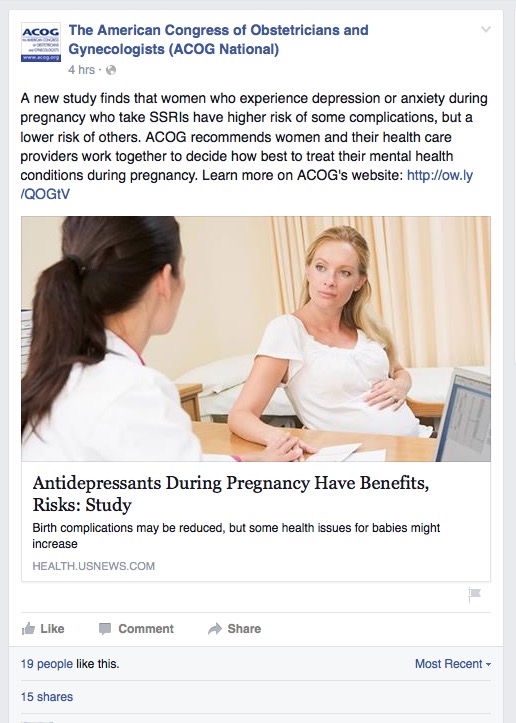
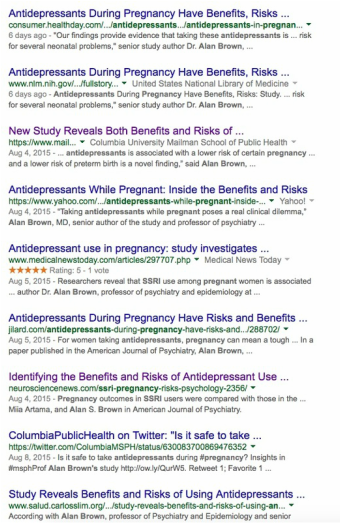
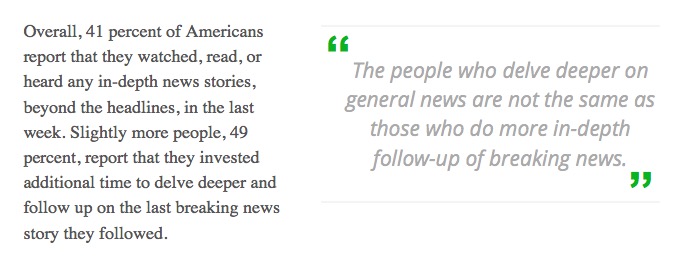
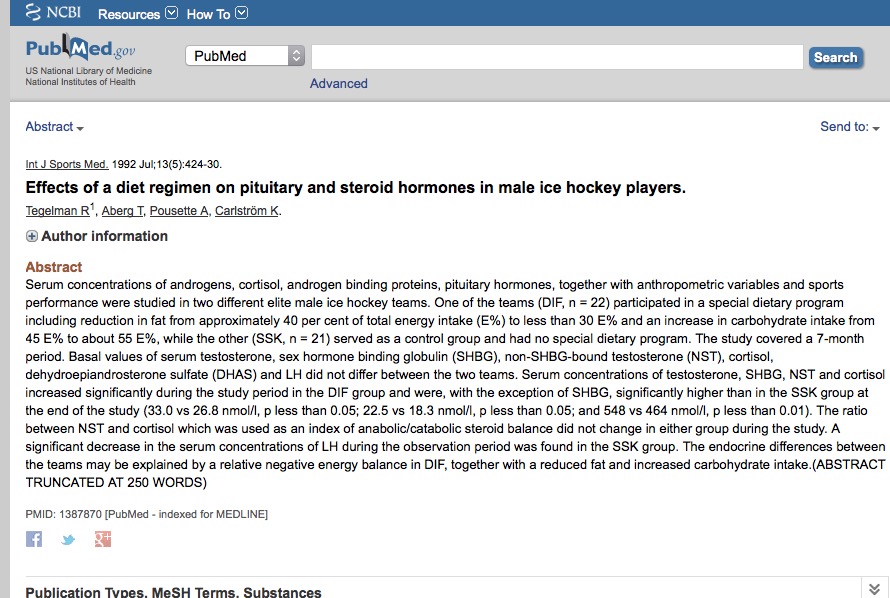
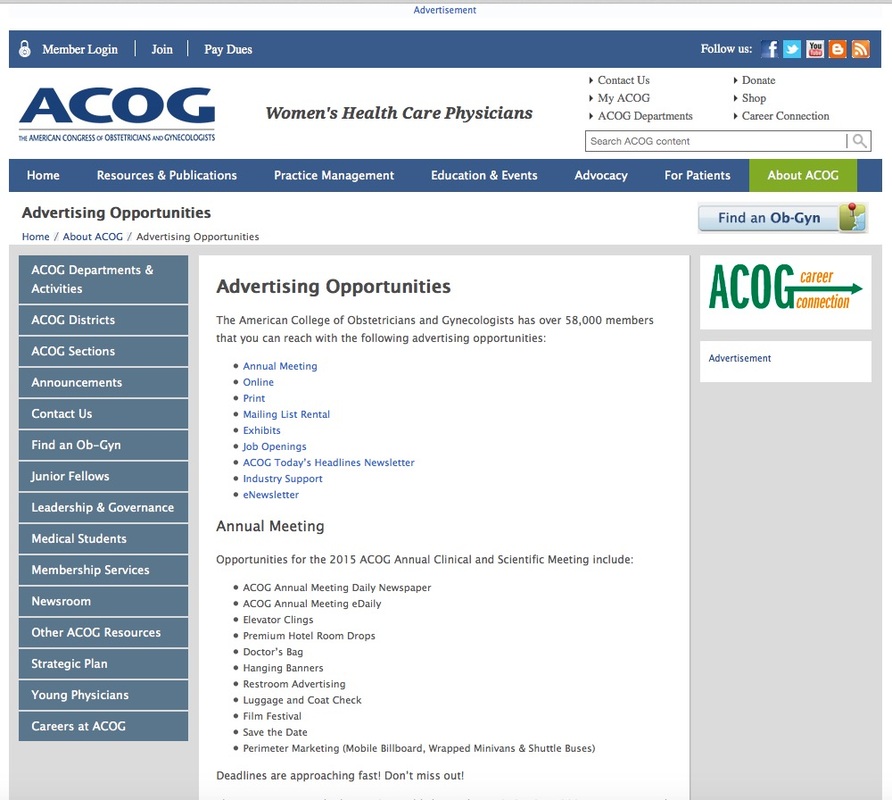
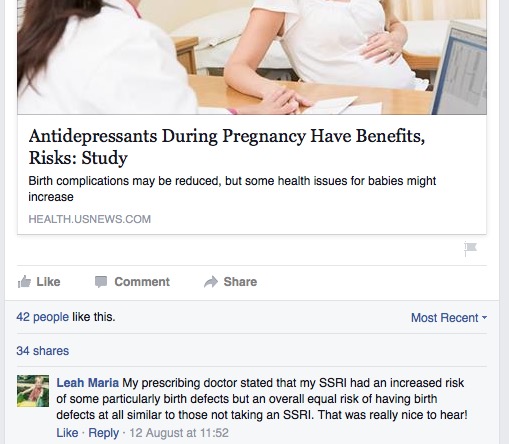
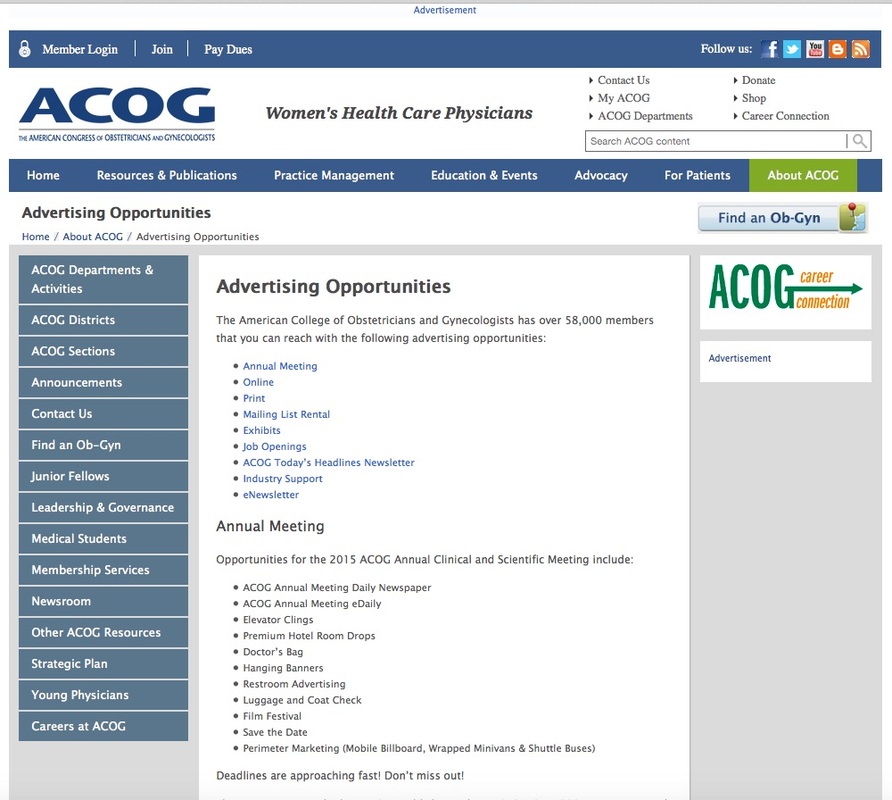
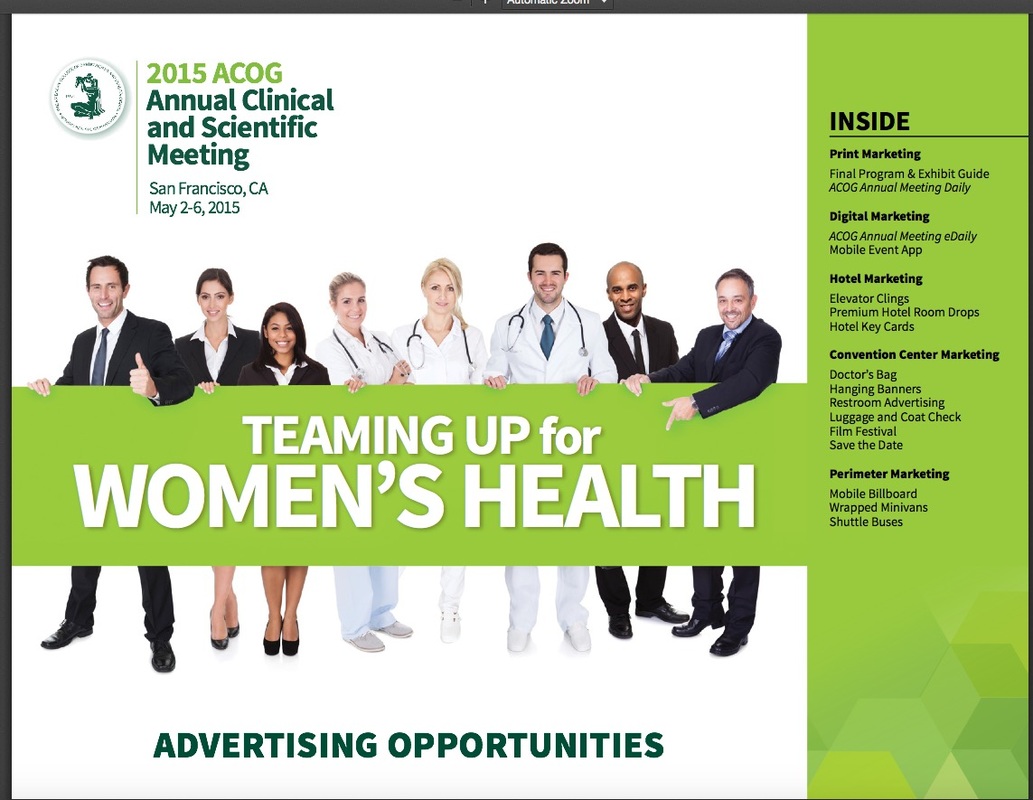
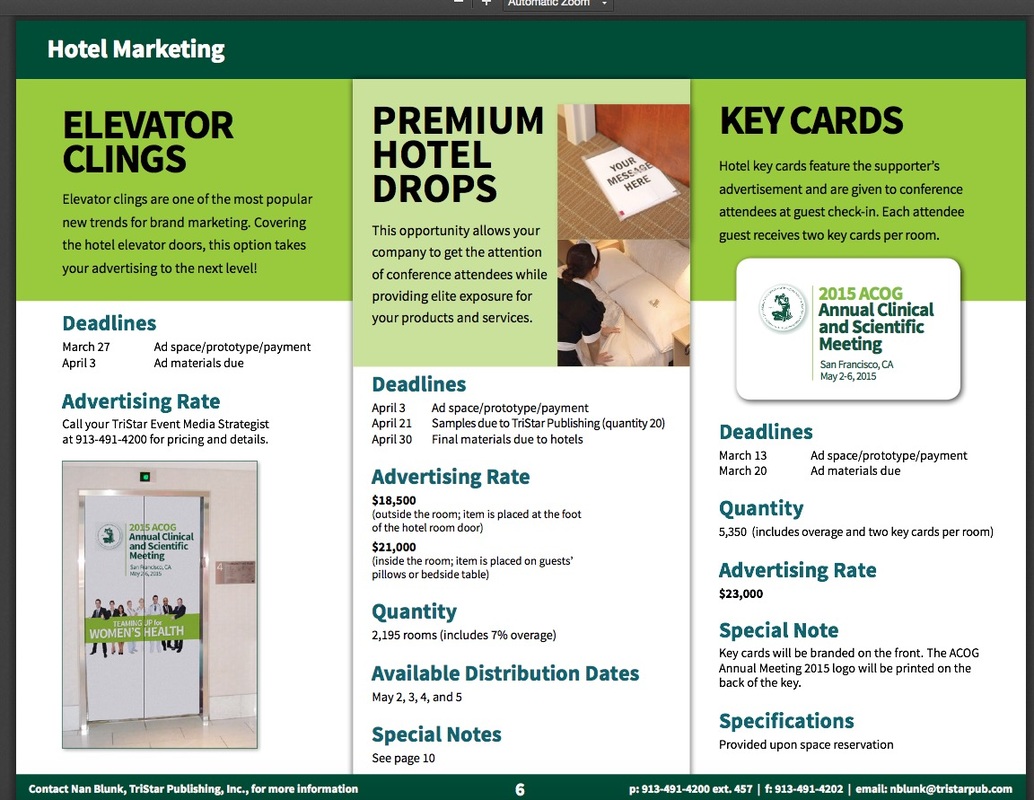
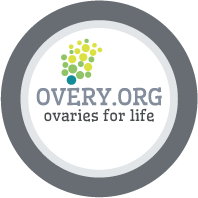
 RSS Feed
RSS Feed
